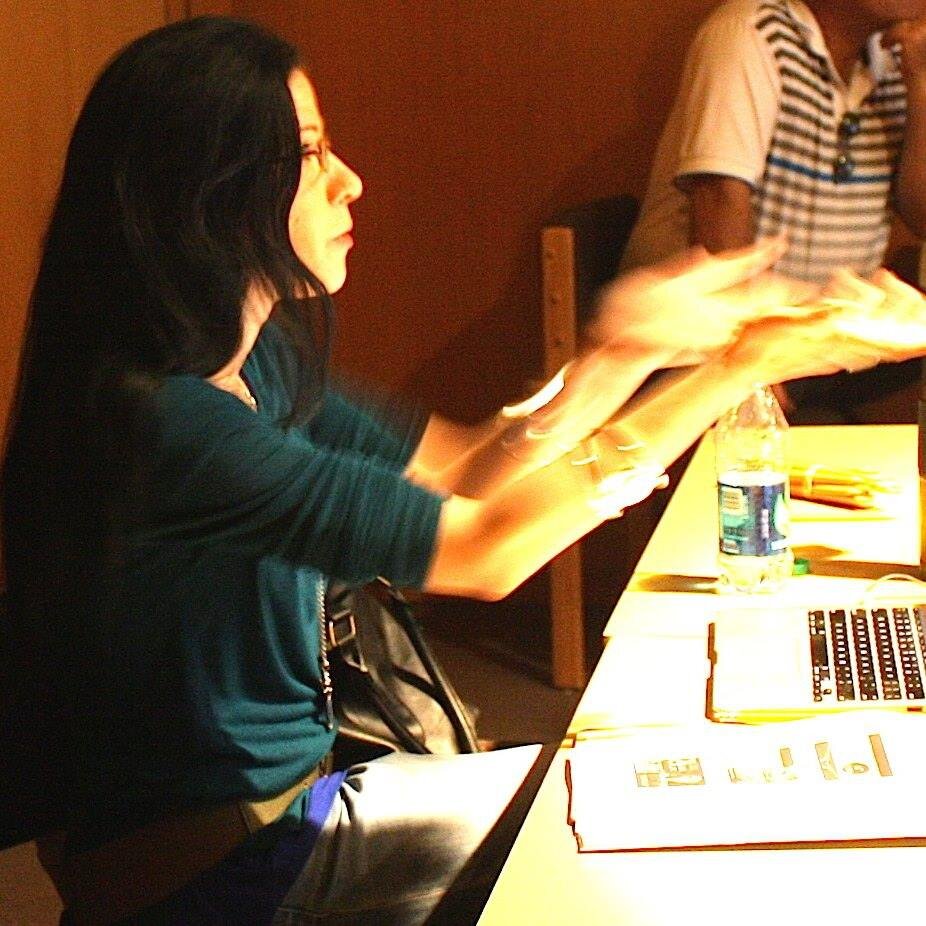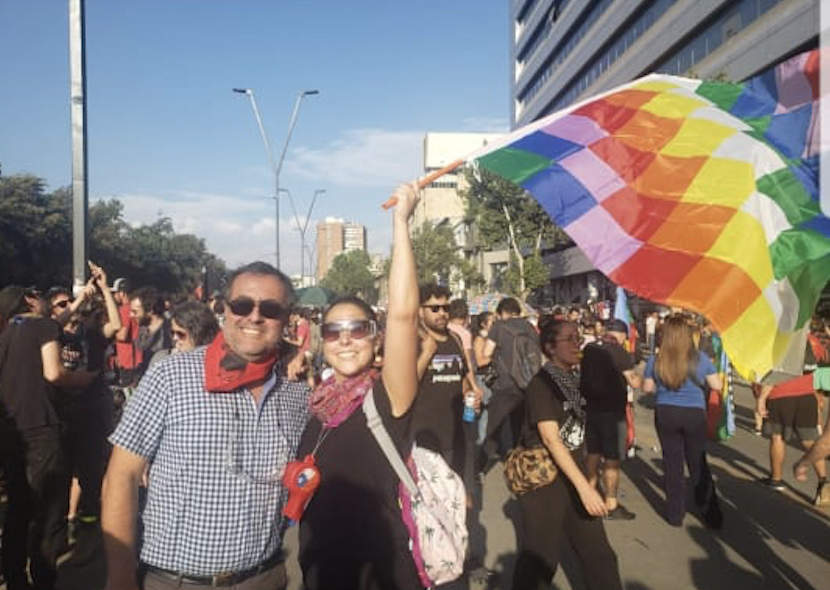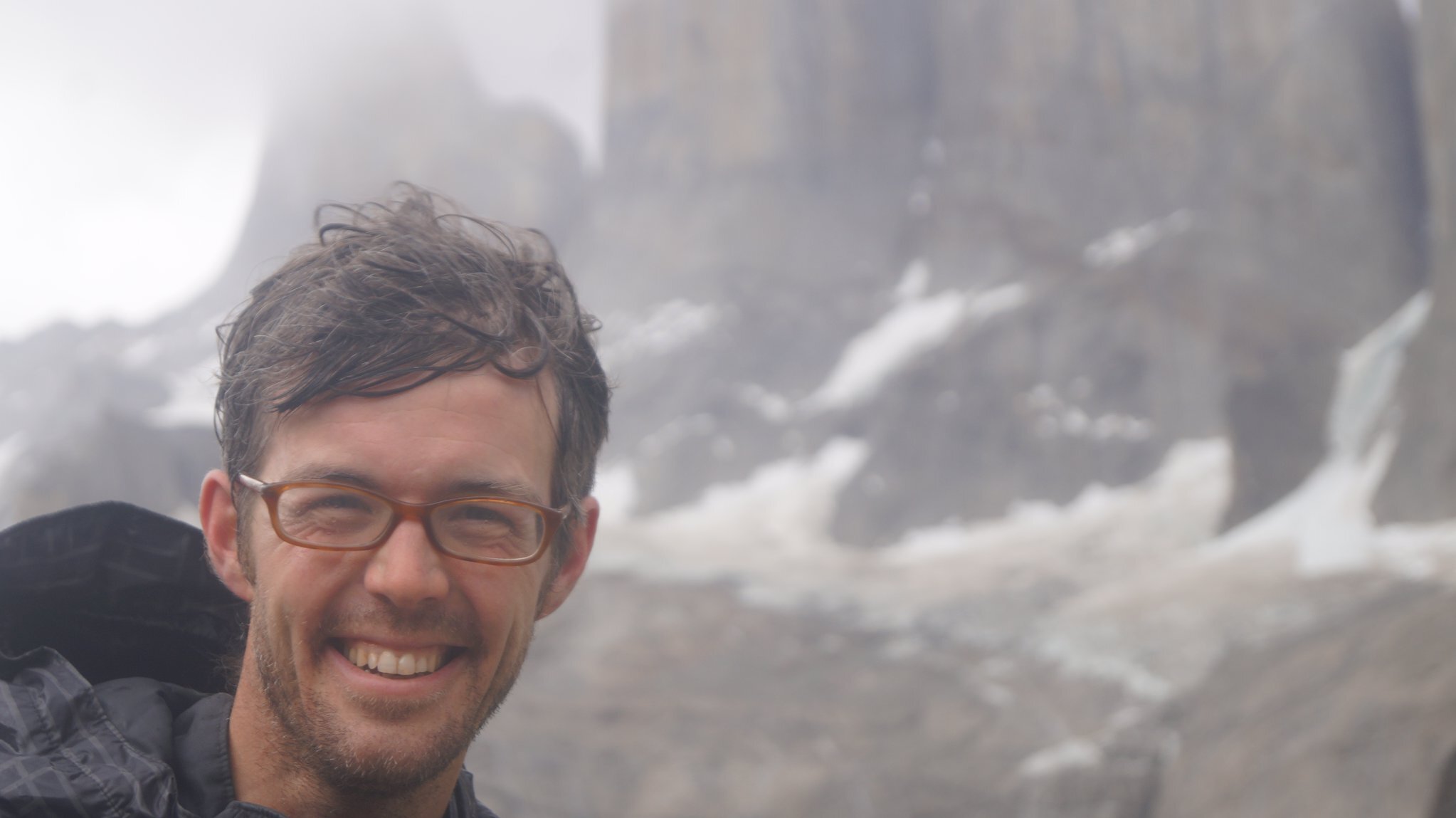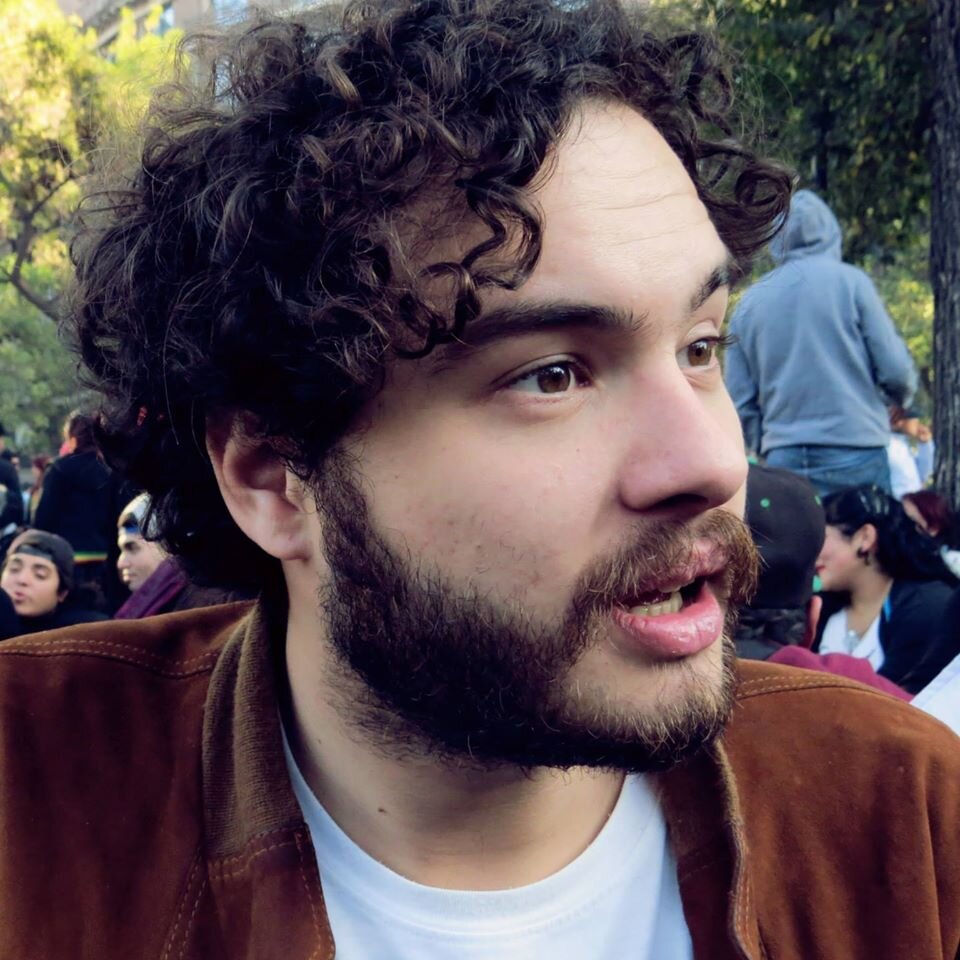In mid-October, 2019 protests broke out in Santiago, and spread across the nation in what quickly became the largest display of civil unrest in Chile since the Pinochet dictatorship. While the proximate cause was a modest raise in Santiago’s metro fares, it’s been clear from the outset that the protests are concerned with larger structural issues, chief among them being Chile’s decades-old commitment to laissez-faire capitalist policies that have seen the privatization of large sectors of the economy, including public utilities and services such as water and roads, and a two-tier system for healthcare and education have also underscored the large chasm between classes. And finally, the state’s privately managed pension system (designed by the president’s brother, Jose Piñera), has been a focal point with its notoriously poor payout structure. While the pension system’s administrators manage to pull in decent profits the system has left Chilean pensioners struggling to survive.
On October 25th an estimated 1.2 million people took to the streets of Santiago demanding Sebastian Piñera’s resignation. While a number of his cabinet ministers were forced to resign, Piñera - a billionaire who made his fortune bringing credit card companies to Chile under the Pinochet regime- remains in office. The protests have been characterized by violence with scores of metro stations burned, looting and vandalism, and petrol bombs. Piñera called a state of emergency on October 19th, which resulted in street patrols by the armed forces and the militarized Carabiñeros. Hundreds of human rights abuse cases have been reported by individuals, human rights organizations, and medical professionals, including at least 19 deaths, arbitrary arrests and detentions, torture, sexual assault in police custody, and what appears to be the systematic misuse of rubber bullets and non-lethal projectiles to intentionally maim and blind protestors.
Today we speak with three guests: American filmmaker and journalist Joshua Tucker, Chilean social researcher Lorena Ortiz, and Chilean sociologist and professor Conrado Soto Karelovic.













